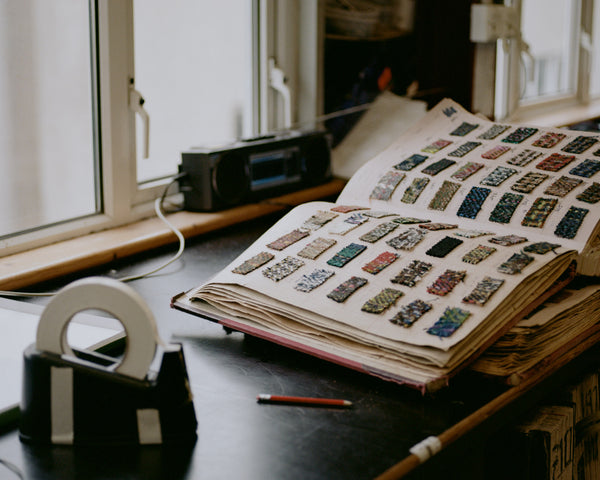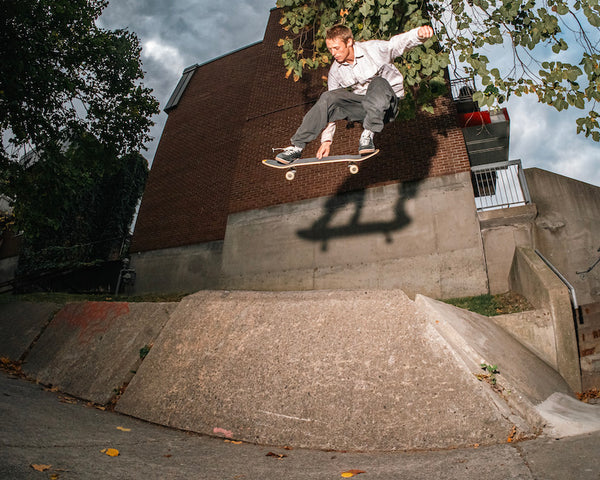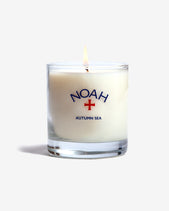
This is Jeff. This is Jeff's story. If you happen to be in NYC watching the marathon, look for him and cheer him on.
Can you tell our readers what happened to you?
I was 15 miles into a long run while training for the 2018 New York Marathon in Boston. I went over a crosswalk and, according to two witnesses, two cars stopped … one did not. I was hit at 37 mph; the right side of my head cracked the windshield, then I flew into the opposite sidewalk, presumed dead. I entered a two-week deep coma and woke up only whispering, having no idea where I was. I had to have multiple brain surgeries and part of my skull removed due to the swelling. I couldn’t walk and my family and friends were scared that I’d forgotten who they were. I was in rough shape. Scientifically, a collision of 37 mph and a human has an 11-percent chance of survival. Luckily for me, I was in Boston with some of the best surgeons so surviving wasn’t the main issue. They thought I could go deaf because my ears bled, or that I may not be able to run again and be the Jeff I once was. I woke up with no feeling in my left shoulder or toes (the right side of the brain controls the left side of the body), and I knew the only way out was to listen and follow the doctor’s orders. I entered nine-plus months of occupational, physical, and speech therapy, four-plus months of neurofeedback, music-production school, and even two months of piano lessons.
Running a marathon is an accomplishment for anyone, and you’ve had to overcome a serious injury to run this year—what did it take to push through and get back?
A month after I left the hospital and learned to walk again, I asked my parents to watch me on our treadmill, where I’d walk while holding on and listening to music in our basement. They came down, and I said, “Watch this.” I changed the speed and sprinted. That was the day I knew I would run the New York Marathon. It was a year after I almost died training. We signed up for 2019 a month later.
I’m embarking on completing the 2019 New York Marathon not only for myself—and to close this chapter of my life—but to try to be an inspiration and a beacon of hope for the 1.5 million Americans who suffer Traumatic Brain Injuries each year by showing them that anything is possible. I couldn’t walk a year ago. Now I’m running a marathon.
Post marathon, I plan to be a peer support aid at the rehabilitation hospital where I woke up out of my coma, and I will tell families and TBI patients my story and cement into their brains that it does get better, but it sometimes involves hiking both mental and physical mountains.
People love music, and we make it part of our brand culture. You’ve mentioned how important music was in your recovery—can you tell us more about that?
It’s honestly remarkable that throughout my recovery I would forget what I did in rehab or what I ate for lunch or dinner—or even eat the same meal twice. But if a song from my past came on, I’d remember it. The power of music is very special. In my coma, my friends and family played my favorite music on a speaker to wake me. For awhile, I didn’t know what had happened to me or where I was every day, but I knew what song or artist was playing.
Throughout my life, music has been my savior and true love. I injured a part of my brain that controls impulsivity. But my impulsiveness during my recovery helped me do what I’ve always wanted to do but was scared to do my whole life. So, throughout my recovery, I’ve released over 60 songs that I’ve produced (prior, I had only released a few), and I contacted dozens of my favorite musicians to tell them my story and how their music was part of the soundtrack of my recovery and brought me back to life. I was hit on September 14, 2018, the day the London band Jungle’s album came out. I texted my friend that they had the album of the year and that it was a hit. After my accident, I reached out to them and we met in Coney Island on July 13. They dedicated their song “Cherry” to me—it’s very deep in that the lyrics feel made for me.
Flowers in the garden that won't grow
Flowers on the train, it's not the same
Flowers in the garden
Life won't grow if we never change
Flowers were a very significant part of my recovery. The image of flowers in a garden that won’t grow and how life won’t grow if we don’t change is special to me, as it gave my accident meaning and helped me create what I call a 2.0 version of myself: the post-accident Jeff.
What have you learned throughout your recovery process that you can share with our readers?
When I woke up on September 28, I lost the life I once knew and many memories. But what I learned from this accident is that the key to life is to be alive and breathe and make memories with those you love. Before my accident, I was secretive. Now, I reach out to friends I haven’t touched base with in awhile and I spend as much time with my family as possible because, from what I’ve learned, you can lose everything in a 30-second mistake.
I was lucky enough to be given a second chance. My overall lesson from this experience is to love yourself and your brain—create and make memories with it and only put things that are good for it into your body. I may have lost smell in one of my nostrils, I may get anxiety-induced vertigo occasionally, but I am alive and I realize that recovering from a Traumatic Brain Injury is a marathon in itself. There may not be a finish line, as it’s a lifelong recovery, but I’ll continue to grow because I’m now grateful for every breath I take. This is a quote from the philosopher Alan Watts that helped me throughout my recovery:
“A man does not really begin to be alive until he has lost himself, until he has released the anxious grasp which he normally holds upon his life, his property, his reputation and position. It is the indescribable truth in the monkish idea of ‘holy poverty,’ of the way of life to which there are no strings attached, in which—because all is lost—there is nothing to lose, in which there is the exhilaration of a kind of freedom which is poetically likened to the birds and the wind, or to clouds drifting in the boundless sky.”














